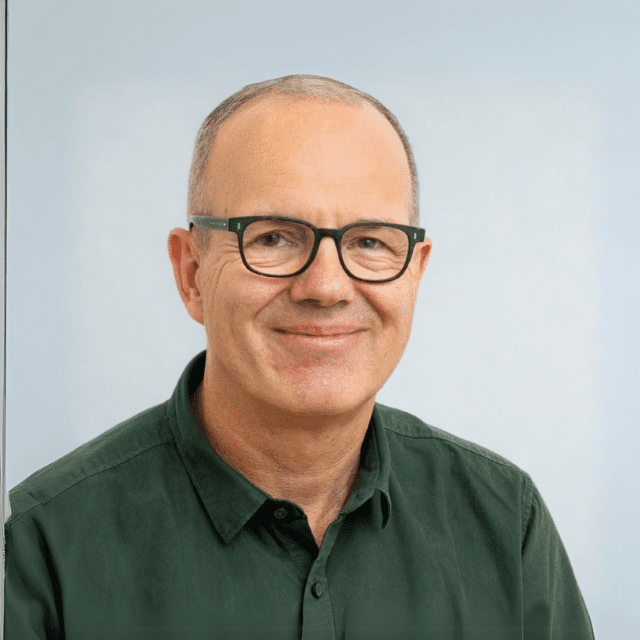Integrative Medicine National Swiss Program
Abstract
Switzerland integrates traditional, complementary and integrative medicine (TCIM) through constitutional recognition, regulated training and pharmaceuticals, and selective reimbursement within mandatory health insurance. Since 2017, physician-delivered TCIM—anthroposophic medicine, homeopathy, phytotherapy and traditional Chinese medicine (including acupuncture)—is being reimbursed under the same conditions as conventional care. TCIM delivered by therapists (i.e. not physicians) is largely financed via voluntary health insurance. According to the 2017 Swiss Health Survey, 28.9% of adults are using TCIM every year.
Integration evolved in stages. From 1999 to 2005, five TCIM methods were provisionally covered by health insurance. In May 2009, a public vote took place where two-thirds of the Swiss voted in favor of adding Article 118a (“Complementary medicine”) to the Federal Constitution, instructing the Confederation and cantons to give TCIM due consideration.
Integration also extends to education, professional standards and research. The Medical Professions Act requires university health curricula to include basic TCIM competencies so clinicians can counsel patients and recognize interactions with biomedical treatments. It also described steps to standardize non-physician practice in form of federal diploma for various TCIM practices.
While Switzerland is the most advanced country in Europe to systematically integrate TCIM into health system, challenges remain. In addition to filling research gaps—especially on real-world outcomes and cost-effectiveness—true integration at the health center or hospital level is rarely achieved. It is not yet known, if TCIM integration is helping the Swiss health system to become more sustainable, whole-person and well-being oriented.
Presented by
MD, MPH, Pediatrician and
Global Health Advocate




